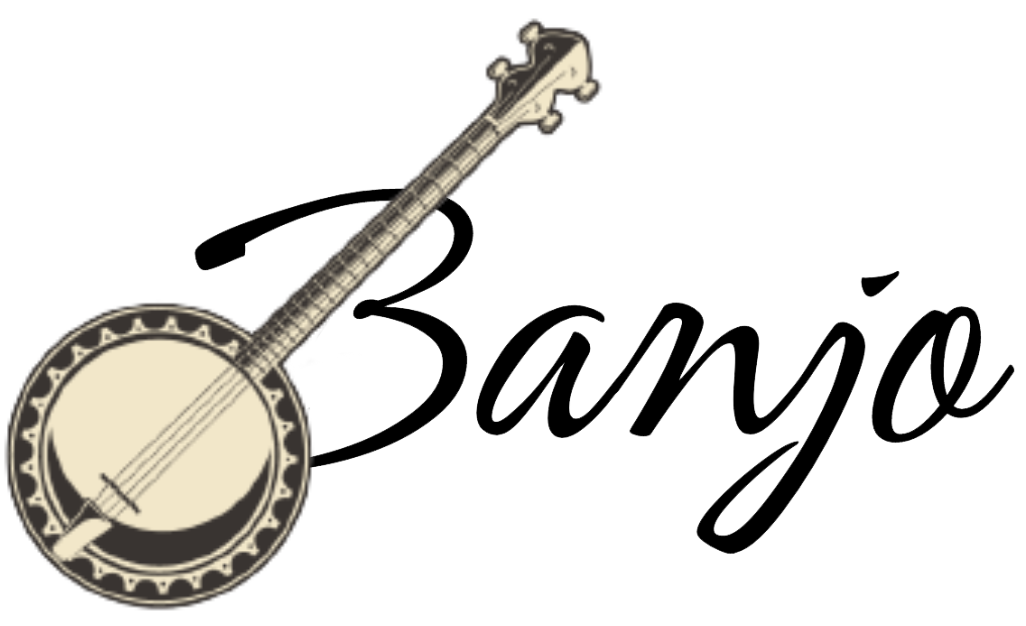Resonator Banjos feature an attached metal bowl called a resonator that serves to enhance their sound, amplifying it louder, brighter and easier for other instruments in a band environment.
Resonator banjos are ideal for bluegrass music (it would be hard to find an experienced bluegrass musician without one!) and other acoustic genres as well. Resonators tend to be heavier than open-back banjos.
What is a resonator banjo?
Resonator banjos are typically composed of wooden circles with raised edges that fit over the rim and head of a banjo, featuring an integral tone ring for enhanced sound quality. Resonator banjos tend to produce louder, twangier notes than their open back counterparts while they tend to be heavier and more costly overall.
Some musicians prefer playing with a resonator banjo as this type of instrument tends to sound better in genres where banjo is played as a lead instrument, such as bluegrass. However, newcomers must remember that both types of banjos aren’t competing against one another; rather it simply depends on which sound and musical style suits your musical preferences better. When selecting your first banjo purchase it is best to buy as many varieties as you can afford before settling on one or making any commitments; this will allow you to develop your skills quickly while finding an instrument you will enjoy playing for years ahead.
How do resonator banjos sound?
Resonator banjos utilize a bowl-shaped resonance chamber in the back of their instrument to amplify and direct sound toward an audience, often used in faster genres like bluegrass. Although more costly than open-back models, these models often make great beginner options thanks to quality components like notched tension hoops and 24-round US threaded hooks.
Some players prefer an open-back banjo because of its mellower tone and because it makes their playing easier to hear in smaller rooms or dorm rooms. Resonators are also easily removable from most banjos for times when you don’t need them – an advantage for dorm dwellers who wish to practice without disturbing other students! But when going this route it’s important to remember that string spacing will increase on most banjos; additionally a muzzle must also be purchased for its bridge (where strings cross over), an essential requirement if living in dorms is also crucial; particularly important if dorm dwellers wish to practice without disturbing fellow classmates!
How do resonator banjos compare to open-back banjos?
Attaching a resonator helps banjos to project their sound more easily when performing in large venues, making resonator banjos particularly adept at projecting their tone in large settings. Most commonly associated with bluegrass music, but they can also be used for other genres. Many resonator banjos feature metal tone rings that improve sound quality further.
Open-back banjos can also make an excellent choice for performers looking to perform at smaller venues, producing a softer sound which can more easily be heard than with traditional resonator banjos and being more cost-effective for beginner players.
Some musicians choose to remove the resonator from their banjos in order to lower volume levels and decrease brightness of tone, but this can alter sound quality as well as make the instrument less responsive to touch or pressure – it is therefore vital for musicians to test different banjos before selecting one for playing.
What are the advantages of resonator banjos?
Resonator banjos are louder and better suited to fast-paced genres such as bluegrass. Additionally, their rich tones make them easier for novice players to play; making this ideal for those interested in fingerpicking styles such as Scruggs style and clawhammer music.
However, open-back banjos remain popular choices among beginners due to their affordability and ease of playability. Open-backs sound mellower with less projection but are ideal for playing slow genres such as folk music or clawhammer.
Mutes can make playing an open-back banjo more manageable if you live in a dorm or don’t wish to disturb fellow dorm roommates, and are available in different sizes and price points so you’re bound to find one within your budget. Plus, even if you swap out the resonator later on, your banjo will still possess great tone!

